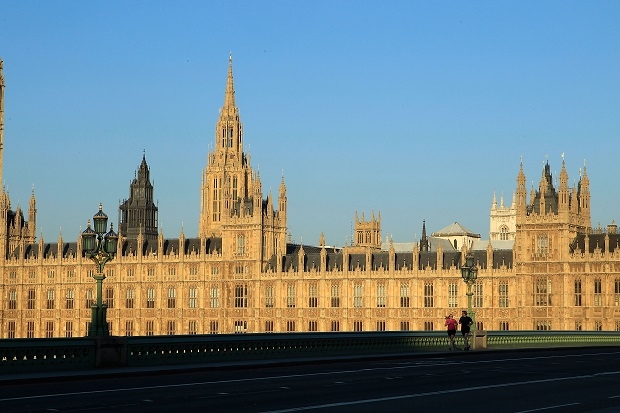Our parliamentary select committees need to be taken seriously. Yet, for them to be so, we need to clarify their legal powers, use wider expertise and practice what we preach.
Select committees have recently been in the spotlight, and Parliament’s liaison committee — made up of the chairs of all the select committees — has announced a detailed review as doubts over effectiveness have grown. Last week the Energy and Climate Change Committee examined the spiralling cost of energy; but, despite the fact that price hikes for millions of homes is a top political priority, only one of the big six energy companies thought the occasion worthy of sending their CEO. Today we had the less than edifying spectacle of police officers being hauled back before the Home Affairs Select Committee amid accusations of misleading Parliament, yet the sanctions available are limited at best.
Critics argue that many select committees generate more heat than light through MPs’ gratuitous grandstanding. Accusing politicians of showboating is hardly new, and perhaps there is some truth in this point. MPs know that a sound-bite dressed up as a question gets coverage, whereas detailed probing often does not. The flourish usually comes at the expense of the forensic.
Select committees tend only to hit their targets by chance or when vital material is provided via leaks or whistle-blowers. This is not an adequate basis for scrutiny. The problem is illustrated by this week’s hearing of the Public Accounts Committee on nuclear de-commissioning. MPs only discovered at the hearing of the existence of a key performance review by consultants KPMG – and even then it was through a Freedom of Information request from a member of the public.
Committees often lack source material. Consultants PwC undertook a review on Universal Credit which was not shared until the night before the hearing. The Home Office has still to disclose the business case for the £1 billion e-borders IT system, despite repeated assurances to do so. And next week the Public Accounts Committee will report on Universal Credit without access to a review penned by Howard Shiplee on his first 100 days overseeing the project, which will leave the committee’s report lacking key insights on the pivotal issue of IT.
So, how do we resolve these problems?
First, Parliament needs to clarify its legal powers. There is still confusion over what documents select committees have access to, as shown by the dispute with the BBC over the names of senior executives who received payoffs. A joint committee of Parliament produced a detailed report earlier this year on Parliament’s lack of clarity over its own powers. Like many worthwhile reports, it sits gathering dust on a shelf. Parliament appears afraid to use its historic powers for fear that it will be challenged in the European Courts.
Second, Parliament could do far more to tap into external expertise. Our leading management business schools are just one talent pool which could assist select committees, where bright future leaders could undertake project work supporting members. It would inject some welcome fresh thinking.
This needs to be combined with a more thematic approach. Take transport as an example: it is dealt with by the Welsh Select Committee for Wales, the Transport Committee for England, the Public Accounts Committee for value for money, and other committees at the level of European scrutiny. Committees rarely speak to each other to leverage evidence and expertise; as a result, officials can constantly change the goalposts. If we believe the adage that what gets measured gets done, then we should set clearer metrics. These should run beyond the short term electoral cycle.
Third, Parliament should show Whitehall that it can deliver change by getting its own house in order. Silos of inefficiency at Westminster need to be addressed. Working in the Commons has too much of the air of a 1970s sit com about it.
Critics are right to challenge the current performance of select committees; but they are wrong in the lazy assertion that all MPs want from these sessions is to grandstand. The incentive for many MPs is to do the job they were elected to do: holding bodies to account on behalf of their constituents. Many of us prefer to use the microscope to the blunderbuss. Parliament needs to update its tools.
Steve Barclay is the Member of Parliament for North East Cambridgeshire and a member of the Public Accounts Committee






Comments